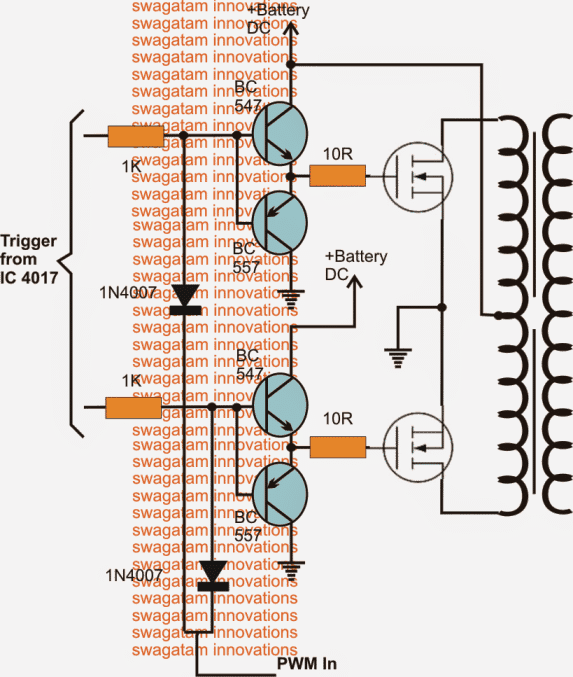
Navigating Inverter Upgrade Planning: Key Considerations
Inverter upgrades are critical for optimizing energy systems, but careful planning is essential to ensure success. Let’s explore the key considerations to keep in mind when planning inverter upgrades.
*1. Assessment of Existing System:
Before diving into inverter upgrades, conduct a thorough assessment of the existing energy system. Understand the capacity, age, and performance of the current inverters to identify specific areas that need improvement.
*2. Compatibility with Solar Panels:
If the inverter upgrade is related to a solar energy system, compatibility with existing solar panels is paramount. Ensure that the new inverters align with the specifications and requirements of the installed solar panels for seamless integration.
*3. Inverter Efficiency and Technology:
Evaluate the efficiency and technology of the new inverters. Advancements in inverter technology may provide features like better energy conversion rates, smart monitoring, and compatibility with emerging energy storage solutions, enhancing overall system performance.
*4. Scalability and Future Expansion:
Consider the scalability of the chosen inverters and their compatibility with potential future expansions. This forward-thinking approach ensures that the upgraded system can accommodate increased energy demands or additional components without significant modifications.
*5. Budgeting and Cost Analysis:
Inverter upgrades come with associated costs. Conduct a detailed cost analysis, considering not only the upfront expenses but also long-term savings and benefits. Develop a budget that aligns with the overall goals of the energy system and the organization’s financial capacity.
*6. Regulatory Compliance:
Ensure that the chosen inverters comply with relevant industry standards and regulations. Regulatory compliance is crucial for safety, reliability, and adherence to legal requirements. Confirm that the selected inverters meet or exceed necessary certifications.
*7. Installation and Downtime Planning:
Inverter upgrades often involve installation and may result in downtime. Plan the installation process meticulously, considering factors like the duration of downtime, scheduling, and potential impacts on operations. Minimize disruptions by coordinating the upgrade during optimal periods.
*8. Monitoring and Maintenance Features:
Look for inverters that offer robust monitoring and maintenance features. Remote monitoring capabilities and diagnostic tools contribute to proactive maintenance, allowing for timely identification and resolution of issues, ultimately maximizing system uptime.
*9. Environmental Considerations:
Consider the environmental impact of the inverter upgrades. Opt for inverters that align with sustainability goals and have features to minimize environmental impact, such as energy-efficient operation and recyclability of components.
*10. Exploring Inverter Upgrade Planning Considerations with 800support.org:
For in-depth insights and guidance on inverter upgrade planning considerations, visit 800support.org. This platform provides valuable resources to support individuals and organizations in making informed decisions for energy system enhancements.
Conclusion: Successful Inverter Upgrades for Enhanced Performance
In conclusion, planning inverter upgrades requires a strategic and comprehensive approach. By considering existing system conditions, technology compatibility, scalability, budgeting, and regulatory compliance, individuals and organizations can embark on successful inverter upgrade journeys, unlocking enhanced energy system performance.





